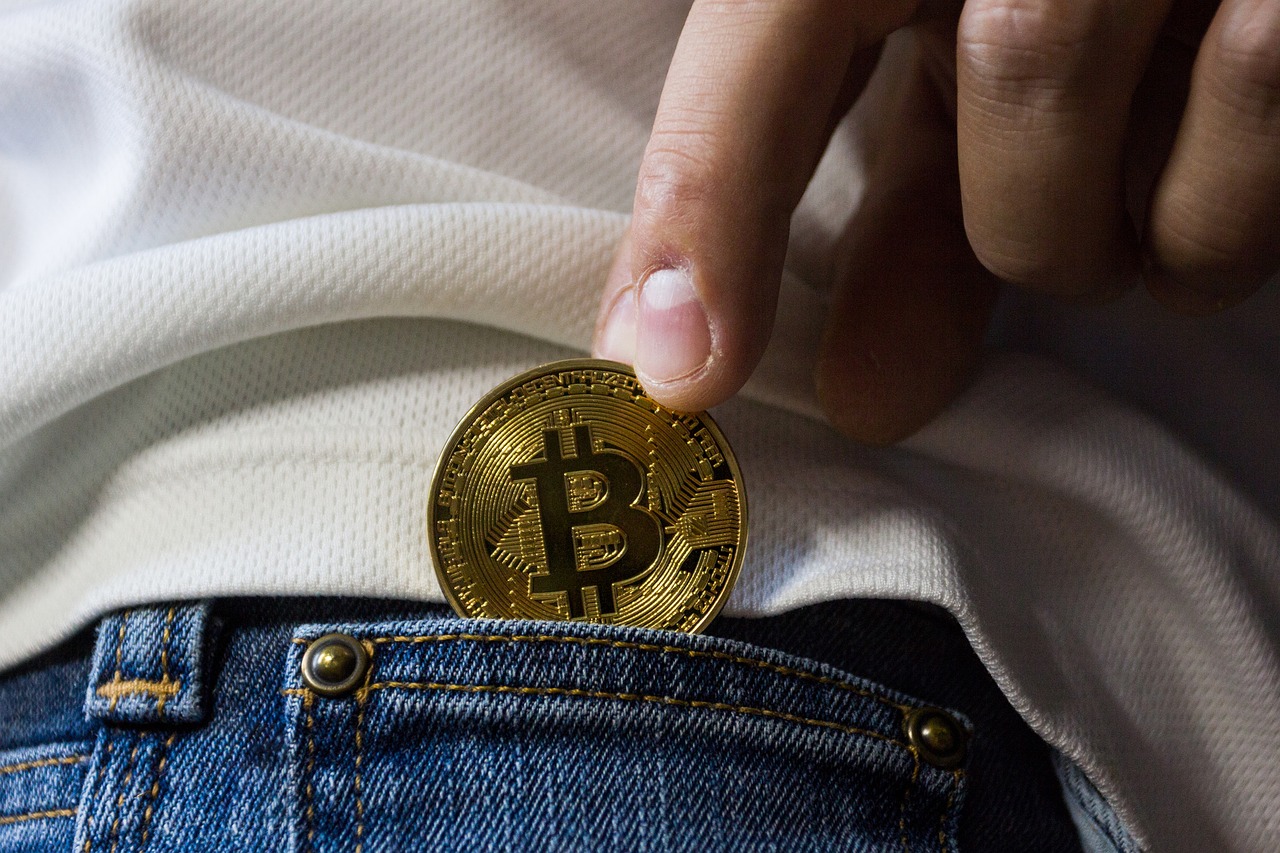Whenever a new technology or concept comes on the scene there are always those who will rush to study its ins and outs, as well as those who ignore the small print and dive straight in.
Cryptocurrencies and blockchain technology are no different, with apps like Coinbase kidding many folks into thinking they have become experts on everything from Ether to Stable Coins overnight.
Such a lack of deep understanding of complex issues more often than not leads to people creating their own theories and threads of reasoning, which may be more understandable to them, but bear no resemblance to reality: namely conspiracy theories and superstitions.
Here are some of the most entrenched and ridiculous crypto and blockchain superstitions that exist today.
Which of these common misconceptions have you seen touted online?
Satoshi Nakamoto is a Time Traveller
We thought we would start out with one of the more bizarre theories kicking around message boards and Reddit feeds; that Satoshi Nakamoto is a form of AI robot with time-traveling capabilities. Yes, your eyes do not deceive you.
This all came about from the #21e8 hashtag, with people taking a seemingly innocent and benign block mined in the summer of 2018 and bestowing it with far greater meaning.
Once Chinese whispers had gotten a hold of the idea that Satoshi Nakamoto was trying to send a message to humanity by having planted a special code in the block, people’s imaginations took over, with some suggesting that Satoshi is an AI being, powered by quantum computing, who has the capability to travel through time. It is ridiculous but resembles the most unusual superstitions that everyone from sportsmen to gamers have developed over time.
To pocket more Bitcoin it pays to know the basics about crypto markets and blockchain tech
Blockchain is Free
While the #21e8 is all a bit of fun, there are some more commonly believed superstitions that have become entrenched over recent years.
One of these is the belief that blockchain technology is in fact free. Currently, this could not be further from the truth, with huge amounts of electricity and computing power required to make blockchain work, none of which comes cheap.
As costs reduce and the technology advances there is no reason why it cannot become far more widespread, but that is altogether different to it being available gratis.
Blockchain is 100% Infallible
Have you ever known anything to work 100% of the time every time? We thought not, and that is why it is slightly naïve to believe that blockchain is any different.
Basically, a blockchain is only as secure as the private keys that allow access to its inner workings. Many chains have been compromised of late due to the very fact that a private key was acquired by hackers, giving them free rein to disrupt said chain.
Feel free to mention this to someone the next time they spout so confidently that blockchain is perfect when it comes to security, because it may prevent them from losing money down the line.
Praying to Crypto Shrines
If all else fails, pray to a god that is willing to listen. That was the thinking behind the Satoshi Shrine that was built at the recent Ethereal Summit in New York.
The shrine erected as a tongue-in-cheek art installation attracted plenty of attention and encouraged people to get on their knees and even write messages to the godfather of crypto, whoever he or she actually is.
Perhaps such happenings are not so surprising when the very existence of Bitcoin’s founder is shrouded in secrecy.
Crypto has its Own Church
You may think that the world of crypto is all about math and reason, but that is not always the case. In New York, there were recent signs that a Church of Crypto was gaining prominence.
All we will say is that just as a preacher cannot heal your broken leg, a crypto priest is unlikely to hand out stock tips that are preordained to succeed.
Disclaimer: This is a paid post and should not be taken as news/advice.

